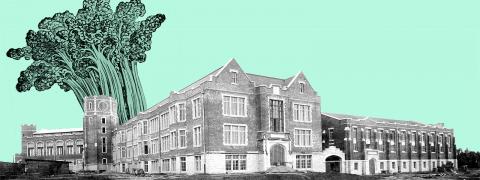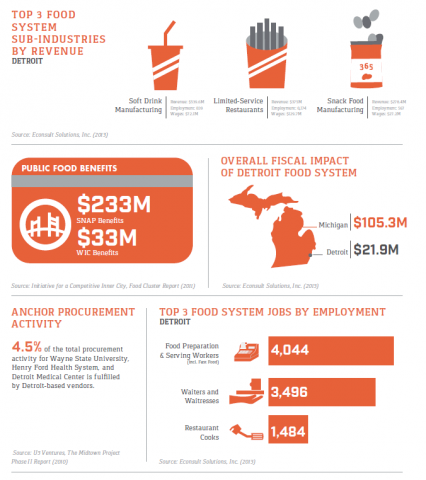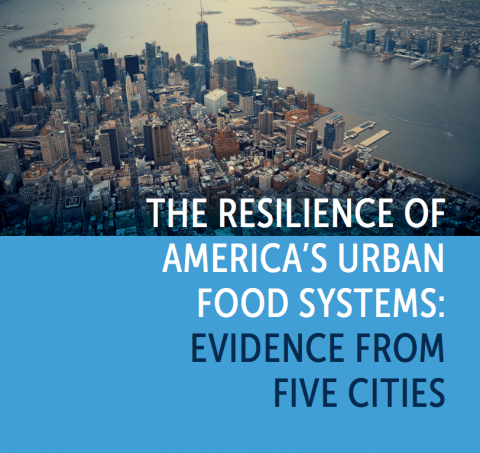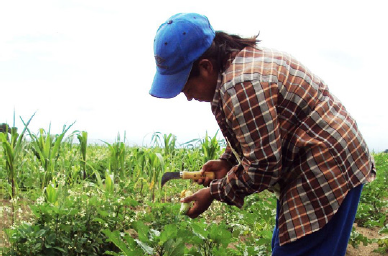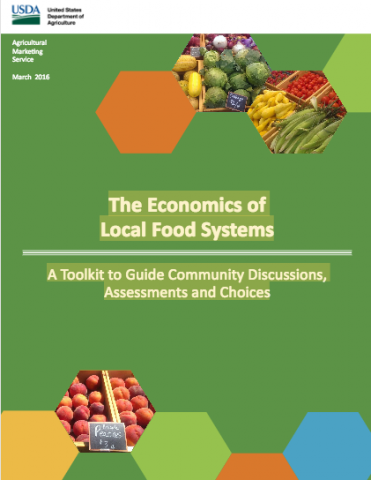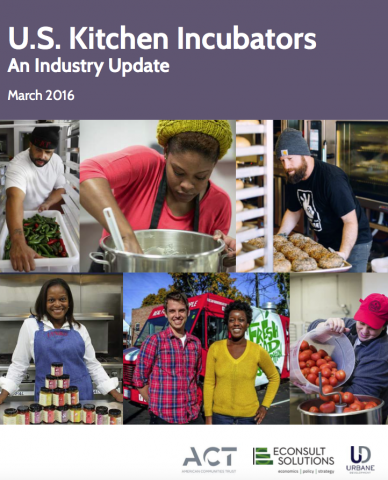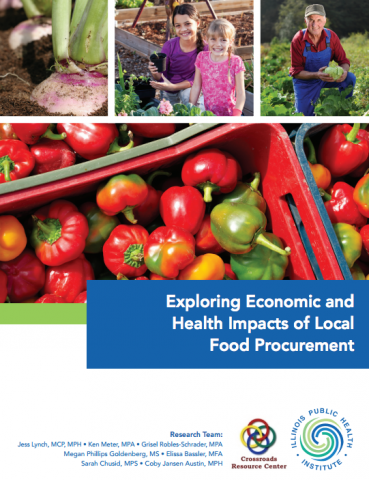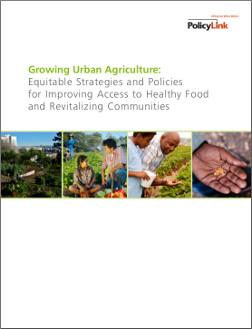Kansas City Community Gardens (KCCG) is a non-profit founded in 2002 to help improve the well-being of low-income households by assisting them in growing their own produce. KCCG operates two community gardens in Kansas City, including their "Freeway Garden" which can be seen from the I-70. Through their Community Partners Program, KCCG partners with other local non-profit groups that aim to provide food assistance to low-income residents and education for the youth. Read more about Kansas City Community Gardens...
